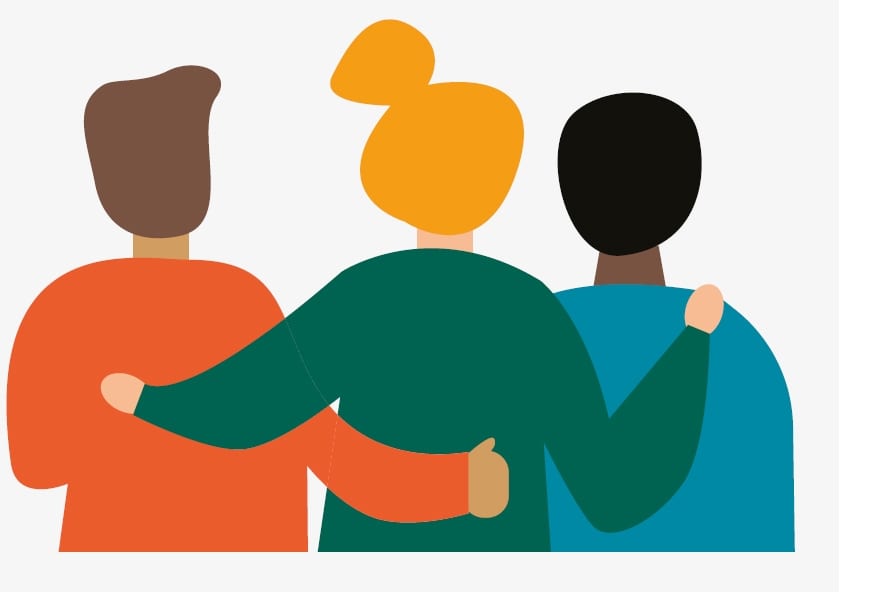
In the weeks after the racist riots last summer across the UK, People’s Health Trust brought together a group of our partners – grassroots community experts working at the frontline of inequality, marginalisation and discrimination – to understand the impact on them and the communities they work with. Our CEO, John Hume wrote more about this in a blog a few days later.
What we heard was stark: they spoke of the anger, fear, and trauma caused – the detrimental impact on mental health, increasing isolation, breakdown of fragile hard-fought for community cohesion.
We know from our regular engagement with funded partners over the last few months that the root causes of the racism and violence that occurred are far from tackled. In fact, they remain as febrile as ever, with the most recent data showing a 25% rise in the numbers of religious hate crimes (in the year leading up to the riots), in particular anti-Semitism and Islamophobia. Hate crime reports to the Crown Prosecution Service from the police rose by 23% in one quarter in the three months when the riots took place.
We also know that some groups of people in communities were and remain more affected than others – people seeking asylum, migrants, Muslims, and racially minoritised communities. These groups already have significantly worse health outcomes, exacerbated by the increasing fear of hate crimes, discrimination, racism and xenophobia.
What we want to find out
This research, starting in June 2025, supported through a partnership with the Kurt and Magda Stern Foundation, aims to find out what has happened in communities since the racist riots – both in places where these occurred and elsewhere – particularly for people most affected. We aim to understand the effects on people’s health and wellbeing. We hope this research will also help identify solutions to reduce the likelihood of such events in the future and address the conditions that led to them. We will take into account other work carried out to date, such as that by Race Equality Foundation.
A survey has been co-produced with members of our Network, other expert organisations and academics. This is being shared with our 600 members of our Network of current and previously funded partners, all of which work with communities experiencing social and financial disadvantage, at the front line of addressing health inequality, marginalisation and discrimination. We will also bring together two focus groups of partners from different regions of the country and conduct around ten 1-1 interviews to understand the issues in more depth. All responses will be anonymised in the final report.
Sharing the findings
We aim to publish a report in the summer around the time of the first anniversary of the riots. We will share this with a wide range of stakeholders who we expect to be interested in the implications of this work, including: community leaders and community groups, local councillors, government officials, Police Fire and Crime Commissioners, regional mayors, ministers and other parliamentarians, public health professionals, and local authorities.

Get in touch
For more information on our Standing Together research, please contact [email protected]
